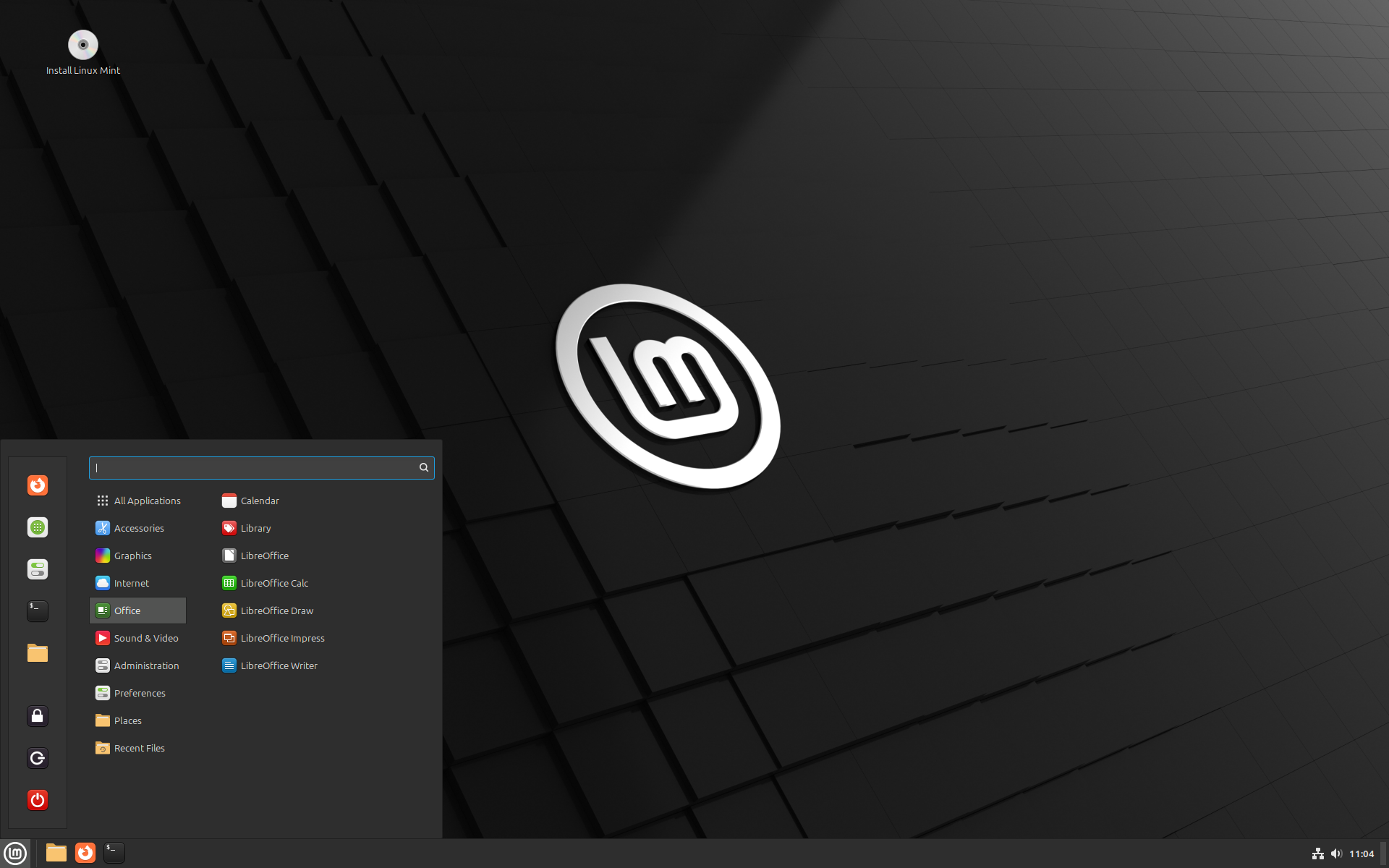- cross-posted to:
- linux@lemmy.ml
- technology@lemmy.world
- cross-posted to:
- linux@lemmy.ml
- technology@lemmy.world
cross-posted from: https://lemmy.world/post/18008132
The Linux Mint team has just released Linux Mint 22, a new major version of the free Linux distribution. With Windows 10’s end of support coming up quickly next year, at least some users may consider making the switch to Linux.
While there are other options, paying Microsoft for extended support or upgrading to Windows 11, these options are not available for all users or desirable.
Linux Mint 22 is a long-term service release. Means, it is supported until 2029. Unlike Microsoft, which made drastic changes to the system requirements of Windows 11 to lock out millions of devices from upgrading to the new version, Linux Mint will continue to work on older hardware, even after 2029.
Here are the core changes in Linux Mint 22:
- Based on the new Ubuntu 24.04 package base.
- Kernel version is 6.8.
- Software Manager loads faster and has improved multi-threading.
- Unverified Flatpaks are disabled by default.
- Preinstalled Matrix Web App for using chat networks.
- Improved language support removes any language not selected by the user after installation to save disk space.
- Several under-the-hood changes that update libraries or software.



It is second place after KDE I would say.
Haven’t tried, I’ll take your word for it.
I like that Mint even has GUI for adding and managing apt sources and signing keys. Something that probably doesn’t get used much because whenever you need to do it, there’s only instructions for doing it by commandline.
True, I dont know if distro package sources can be added in KDE Discover. That uses packagekit, which is an abstraction layer, as Plasma also runs fine on non-ubuntu.
I wonder if Fedora Cinnamon just doesnt have those apps?